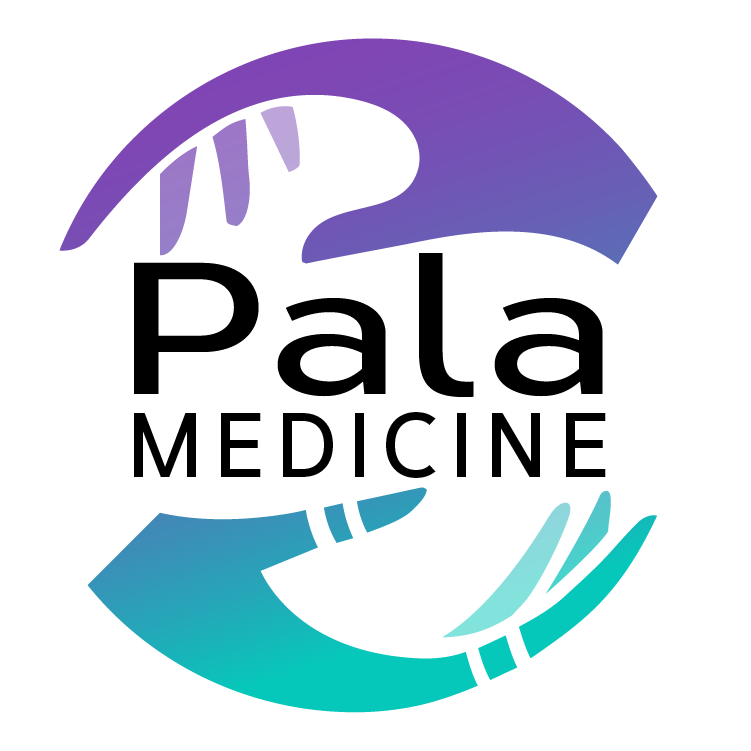
One in five US adults experience mental illness each year and 17 percent experience mental illness before reaching adulthood.
Remission rates in Major Depression are less than 50%, which means that with the traditional treatment model (psychotherapy + psychoactive medications like SSRIs), the majority of patients experience depression as a chronic illness, to be managed and never cured.
Ketamine is an ideal modality for some types of mind-body healing:
- Ketamine is legal for use in clinical applications
- Ability to induce an altered state of consciousness that is psychedelic (mind-manifesting) in nature
- Well studied with a long safety record
Ketamine’s psychedelic effect works to downregulate the ‘default mode network’ (DMN), making it less active. This is the same network in the brain thought to be involved in Depression and other mental health conditions such as Anxiety, PTSD, OCD, Alcoholism, and Anorexia Nervosa, amongst others. When the the default mode network is calmed, the brain dramatically increases its internal connectivity, which plays a role in accessing the inner healing wisdom contained within each person’s mind-body connection.
For patients struggling with Treatment-Resistant Depression, PTSD, Anxiety, or Pain there can be fast and immediate relief due to Ketamine’s Rapid Onset of Action, as well as an afterglow effect for 1 to 5 days.
The antidepressant effects often peak at 24 hours after the infusion. Many patients report feeling noticeably improved in the days to weeks following a ketamine treatment.
Some patients find lasting remission of symptoms, especially when done in conjunction with lifestyle changes.
Ketamine therapy has allowed many patients to slowly taper off their daily depression medications under supervision of their psychiatrist or psychotherapist.
Ketamine therapy can be particularly effective for patients who are suicidal, as it can rapidly decrease suicidal thoughts, allowing time for other modalities to be effective, and therefore potentially life-saving.
The advent of psychedelics in the mental health space is revolutionizing the field of psychology as studies are showing the effectiveness of “inner healing intelligence” work with psilocybin and MDMA, in a supported and therapeutic environment.
As those medications slowly make their way to legalization in the United States, ketamine has already become an attractive modality for making this kind of mind-body healing available to a larger number of patients.
Ketamine is known to enhance engagement with psychotherapy by enhancing a person’s access to new perspectives about traumatic events, and being able to access them with less defensiveness and fear.
This improvement in one’s awareness of conflicts and challenges lends itself to an enhanced motivation and ability to change, while being supported by the enhanced neuroplasticity that follows a ketamine treatment.
For example, in cases of PTSD when the body’s physiologic stress response system is activated even in the absence of the traumatizing factor, the psychedelic experience increases connectivity between the brain networks associated with emotion and memory, allowing the patient to experience a lessening of the fear response and opening up a space with which to heal the underlying traumatic memory and the emotions associated with it.
Find out if ketamine therapy is a right for me.
Book a free consultation call now…



